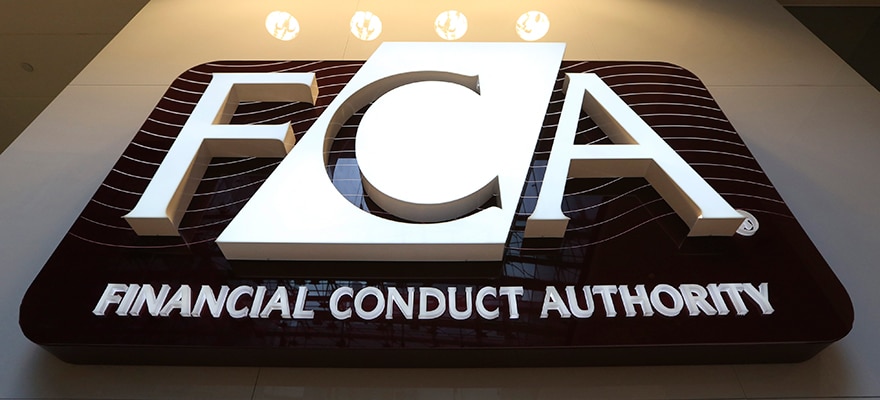Britain’s financial regulator today published a letter to the CEOs or equivalent of all authorised firms, urging them to ensure their investors have all information necessary to properly assess the regulatory coverage attached to their products.
The statement reminds regulated firms about their obligations when communicating with clients, and strongly encouraging them to review their websites and financial promotions.
The problem for the FCA is that, in many cases, it found firms’ promotions give the impression that all their products are regulated by UK’s authorities, when they are not. In other words, certain unregulated services were sold to investors inappropriately by assuming that are supervising such activities, leaving them at risk of serious losses.
This discovery has previously led to a ban on the way that certain investments are promoted. Specifically, has banned firms from using their FCA authorisation status in a promotional way, including the use of its logo without permission.
Fair and clear adverts
‘It is completely unacceptable for firms, which are regulated for some of their business, to market unregulated investments by implying to customers that all their business is regulated. We are committed to stamping out this misleading practice and recommend that customers should ask firms whether what they are buying is really regulated by the FCA,’ said Jonathan Davidson, FCA’s executive director of supervision.
The letter further states the regulator is very concerned about the poor standards it had seen, and that some firms may be subject to investigation by the Enforcement Division as a result.
Firms must balance their need to communicate a clear business message with the . Their CEOs will also need to consider whether the financial promotions they approve are fair and clear, and don’t not constitute misleading information.
“While we do not approve advertising and it is up to firms to ensure that financial promotions are compliant with our rules, we do monitor adverts across different media in the UK,” said the letter.





Be First to Comment